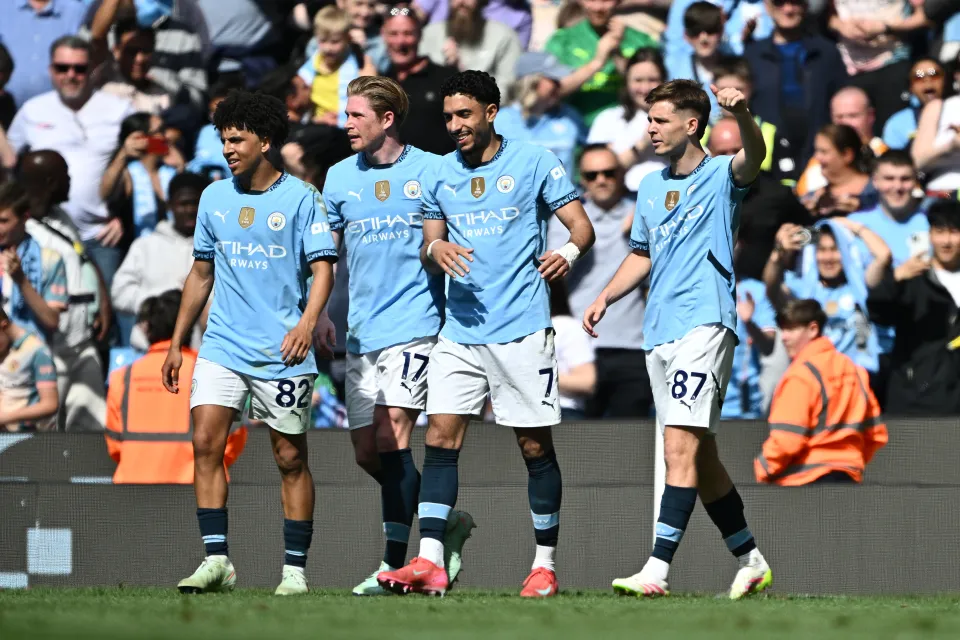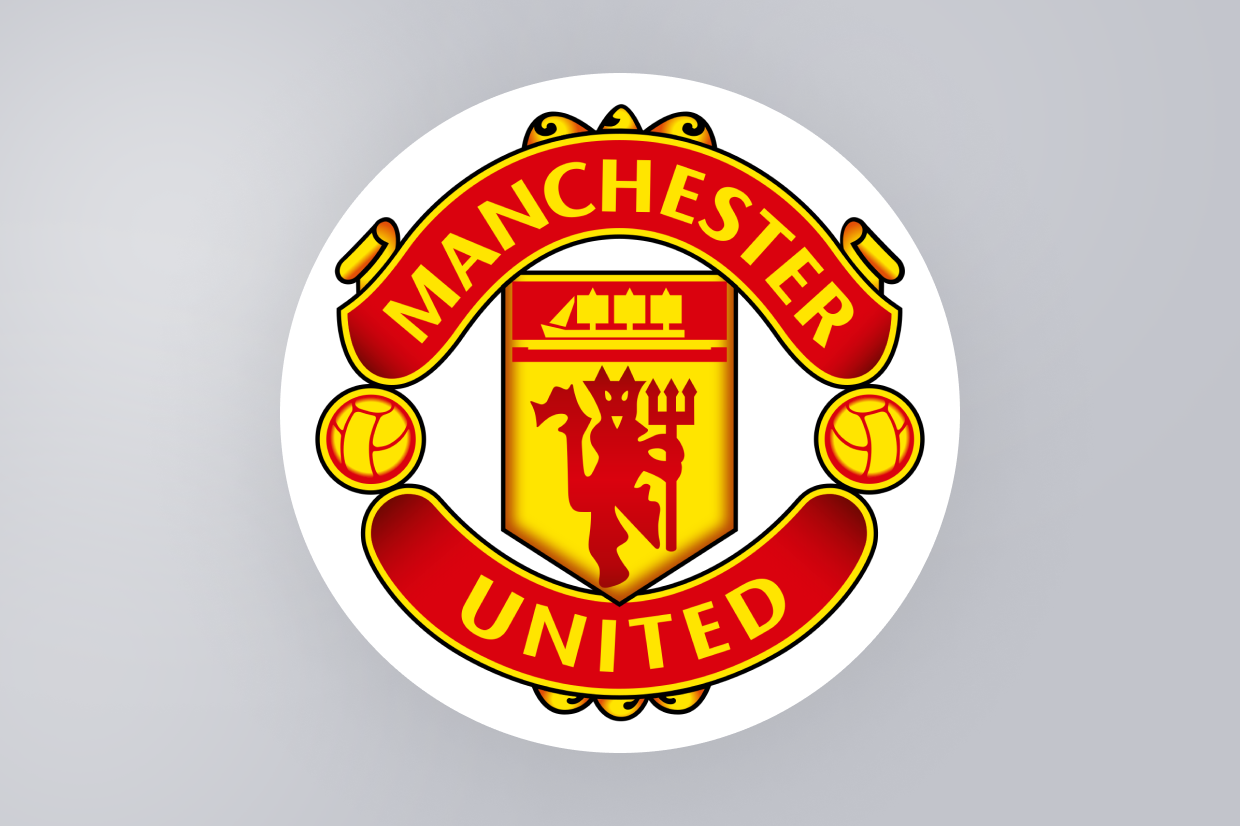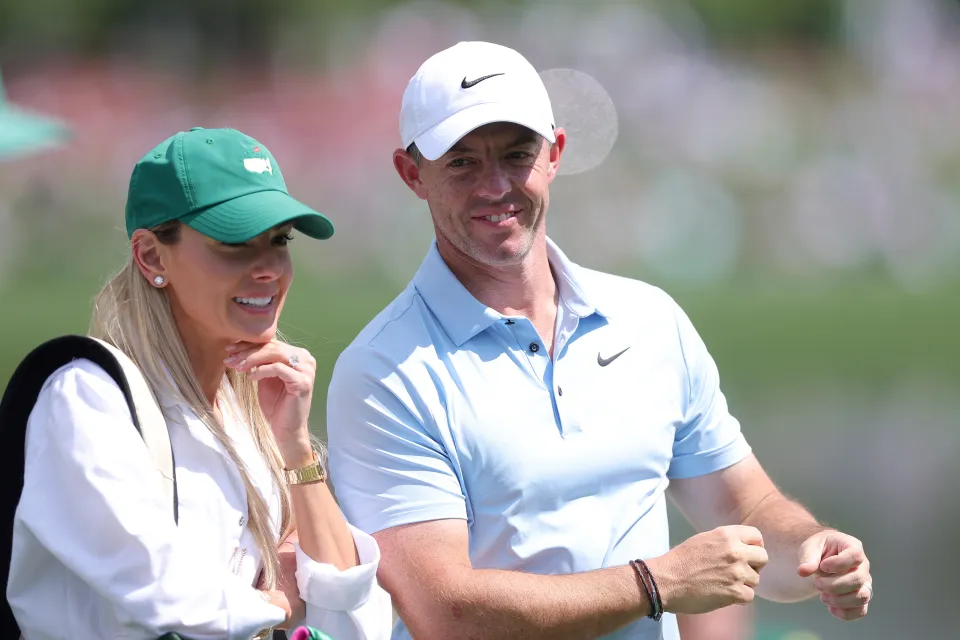A New Date Set, But the Waiting Game Continues
Manchester City have been handed a date for their next high-profile legal confrontation with the Premier League, but they must wait until October 2025 for the matter to be heard in arbitration. At the heart of the dispute lies the latest version of the Premier League’s Associated Party Transaction (APT) rules, which City claim are legally invalid.
Despite the growing pressure to clarify the legality and fairness of these rules, both Manchester City and the rest of the footballing world will be left in limbo for several more months. The October hearing could extend well beyond Christmas, leaving clubs uncertain about the rulebook that governs major financial decisions within the league.
Background: What Are APT Rules and Why Do They Matter?
The Origin of the Dispute
The APT regulations were originally introduced in 2021 to prevent clubs from inflating commercial revenues through deals with companies tied to their ownership. These rules were especially targeted at clubs owned by state-backed or corporate conglomerates, such as Manchester City and Newcastle United.
In theory, the APT rules are meant to ensure financial fair play and to prevent clubs from gaining an unfair advantage by signing sponsorship or commercial deals with parties that aren’t offering “fair market value.”
Changes to the APT Rules in November
The latest iteration of the APT rules was voted through by 16 of the 20 Premier League clubs in November 2024, with Chelsea and Manchester United among those who switched sides to support the changes. These revised rules supposedly corrected prior legal flaws, as advised by Premier League legal counsel, especially in the wake of an earlier arbitration loss to City in February.
But City remain unconvinced. The club argues that the updated rules still fail to pass legal muster, particularly because they do not retrospectively address shareholder loans—a form of funding often used by owners to support their clubs with favorable terms, sometimes interest-free.
The February Victory: A Turning Point for City
City’s Legal Challenge to 2023 Rules
Earlier in 2025, City scored a significant legal win when an arbitration panel ruled that the 2023 version of the APT rules was unlawful. That ruling followed a 12-week arbitration process in which three senior retired judges found that the League could not simply “patch up” flawed regulations through piecemeal amendments.
Crucially, City’s legal team, led by renowned barrister Lord Pannick KC, accused Premier League Chief Executive Richard Masters of misleading the other clubs and attempting to foster distrust in City by asking whether the clubs still had faith in the League’s leadership.
The decision forced the Premier League to scramble, rushing through new APT rules that were narrowly approved in November. But the fallout from the February judgment is far from over—and the next phase begins in October.
Legal Ramifications of the February Ruling
The ruling was more than just a procedural win for City; it was a direct challenge to the Premier League’s regulatory structure. The court found that the League’s processes had been inadequate and unlawful, raising questions about how rules are implemented and enforced across English football.
It also signaled that legal powerhouses like Lord Pannick and Manchester City would not hesitate to challenge the League’s authority, potentially setting a precedent for other clubs to follow.
October 2025 Arbitration: The Issues at Hand
The Core of City’s New Argument
At the heart of Manchester City’s new legal challenge is the belief that the revised APT regulations remain invalid. Specifically, they argue that the failure to examine past shareholder loans renders the rulebook legally unsound.
These loans, typically provided by club owners, are often interest-free or offered under market rates, and have been used by several clubs to bolster finances in lean periods. City argues that excluding these from the rulebook’s scope undermines the goal of financial fairness.
Moreover, they contend that even the updated rules still suffer from procedural irregularities and could be seen as a coordinated effort by rival clubs to curtail City’s financial operations, particularly their ability to secure commercial deals with Etihad-backed entities.
A Panel With History
The same three-member arbitration panel that sided with Manchester City in February will preside over this case in October. While that might give City a strategic advantage, there’s no guarantee of a similar outcome, especially as the Premier League claims it has fully addressed the legal issues highlighted earlier.
Regardless of the result, the panel’s findings will be pivotal. If the Premier League loses again, it could trigger a broader crisis of governance for the League and open the door to a flood of retrospective legal challenges by other clubs.
The Broader Impact on the Premier League
A Governance Crisis Brewing?
The outcome of this case could reverberate across the entire structure of the Premier League. If the revised APT rules are also struck down, it would represent a second legal defeat in under a year for League leadership.
That would raise questions about the Premier League board’s ability to enforce coherent, legally robust financial regulations. More importantly, it would weaken the League’s argument that it can effectively self-regulate without external oversight from an independent football regulator—a proposal that’s gaining political support in the UK.
It may also damage the credibility of Richard Masters, whose leadership is already under scrutiny following City’s allegations of misleading conduct and divisive tactics.
Club Alliances and Shifting Loyalties
One of the most intriguing aspects of this saga is the changing dynamics between Premier League clubs. In previous votes, Chelsea and Manchester United stood apart from City in opposing the APT rules. However, their decision to back the November update shows how club alliances are fluid and politically charged.
Clubs with wealthy foreign owners—like Newcastle, Aston Villa, and West Ham—may now have second thoughts about siding with League leadership if City’s argument gains more traction.
The October ruling could influence future votes on financial rules, club governance, and commercial rights, reshaping the power balance within the Premier League.
The Ongoing Shadow of the “115 Charges”
The Elephant in the Room
While this arbitration battle focuses narrowly on the APT rules, it cannot be separated from the broader legal war Manchester City are waging against the Premier League. That includes the widely publicized “115 charges” for breaches of financial rules spanning from 2009 to 2023.
Lord Pannick KC, who is leading City’s defense against those charges, is also central to their fight against the APT rules. His dual role signals that City views both legal issues as interlinked—part of a broader campaign to challenge what they see as unfair targeting by the League.
Despite the serious nature of the 115 charges, there is still no fixed timeline for a verdict, and the proceedings remain shrouded in secrecy. Many in English football believe that City’s push to discredit the Premier League’s regulatory framework may ultimately help them fend off the larger charges.
Strategic Delay or Necessary Process?
Critics argue that City are using their legal firepower to delay proceedings and erode confidence in the League’s ability to regulate. Supporters counter that City are simply defending themselves against a system that has grown too politicized and inconsistent.
Either way, the outcome of the APT arbitration in October could influence how the 115 charges are eventually handled, especially if it leads to a review of Premier League procedures and rule-making authority.
What Happens Next?
Delays Until Deep Into the 2025–26 Season
Even though the arbitration hearing is scheduled for October 2025, legal experts believe a final decision is unlikely before December, and could easily spill over into early 2026. That means the Premier League will enter the 2025–26 season with major regulatory uncertainty.
Clubs will have to continue operating under APT rules that may be struck down mid-season, potentially invalidating sponsorships or opening the door to compensation claims. For clubs with tight budgets and FFP constraints, this limbo could be economically damaging.
Meanwhile, City’s legal challenges may embolden other clubs to scrutinize Premier League rulemaking more aggressively, possibly leading to further disputes and arbitration hearings.
Could Independent Regulation Be the Final Outcome?
As the Premier League struggles to assert regulatory control, voices calling for an independent football regulator in England are growing louder. Parliament has already backed preliminary proposals for a statutory body that could oversee governance, financial oversight, and transparency in English football.
If the Premier League suffers another courtroom defeat in October, political pressure for such a body may become irresistible. That could fundamentally alter the balance of power between clubs and the League, ushering in a new era of oversight and accountability.
Conclusion: A Defining Moment for English Football
The October 2025 arbitration hearing between Manchester City and the Premier League is more than a dispute over technicalities in the APT rules. It is a crucial inflection point in the ongoing battle over financial fairness, regulatory power, and club autonomy in English football.
With the same legal panel that previously ruled in City’s favor presiding once again, all eyes will be on the outcome—not just for what it means for Manchester City, but for the future structure of the Premier League.
As the waiting game stretches into late 2025, uncertainty reigns. And while clubs brace for potential upheaval, one thing is clear: whatever the verdict, it will reshape the financial and legal landscape of English football for years to come.
- Lip Filler London – Natural Lip Enhancement & Lip Augmentation - December 16, 2025
- Explore THC Soda in Wyoming - June 4, 2025
- Nevada’s Hottest THC Seltzer Trends - June 4, 2025




